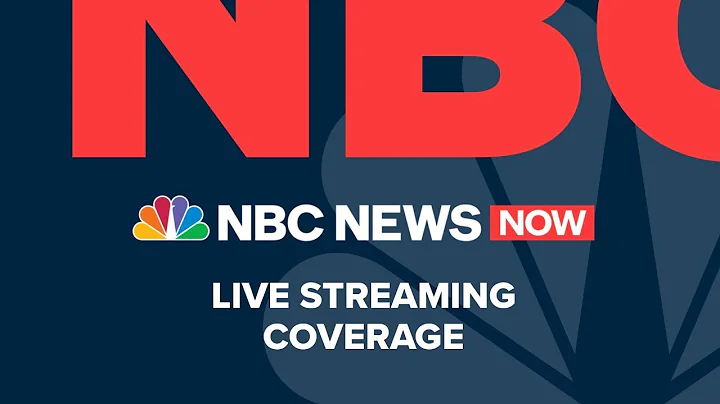What was Britain's greatest ever military victory?
For pure "how the fuck did they do that", I'll nominate Battle of Assaye.

This nasty battle was technically fought by the British East India Company, but I hope people can overlook that. This is also probably Wellington 's best fight since we're talking about the man who defeated Napoleon, so it's definitely worth watching, especially considering the fights he would have to fight later on. This battle was part of the Anglo-Maratha War.
So the war begins, Wellington (note that at this point he is not actually Wellington as he was not given that title, but I am using this name because that is how he was known historically) The conclusion is that a long drawn out war will eventually end in a marathon victory. So his goal from the beginning was to invade Maratha territory, wipe out the enemy forces on the battlefield, and force the Maratha chieftains to the treaty table. So when the war broke out, he led a small group of troops forward with the purpose of forcing the enemy to fight. Dividing his troops into two groups, he marched forward to try his corner maneuver, but the Maratha force managed to slip between one of the groups to engage Wellington's column with the entire Maratha force.
Wellington had two regiments of infantry and one regiment of cavalry. In total he had 10,000 men and 17 cannon. The infantry were mainly Highlanders, but there were also Sepoy battalions from Madras. All soldiers are well-trained veterans.
The Maratha forces were nominally led by King Gwalior Daulat Scindia, but were actually led by a mercenary named Anthony Bollman and had a much larger force. , which included 10,000 European-style trained regular infantry with larger irregular infantry and cavalry units supporting them - numbers are difficult to clarify, but they ranged from 40 to 60,000 men. To answer this question, I would add 50,000 irregulars, primarily light cavalry. Pohlmann also had an important artillery train of 100 guns.
Wellington heard that the enemy was camped nearby and went out to conduct reconnaissance himself. He found the enemy camped in front of him and immediately decided to attack, even though he was outnumbered 6-1. His reasoning was that among Pohlman's troops, only 10,000 formally trained infantry posed a threat, and if he could defeat them, the rest of the enemy force would collapse. His battle plan was to engage and defeat that core group, so he prepared to attack.
When Polman heard of the British advance, he prepared a strong defensive position overlooking the river. He massed his artillery, followed by his regular infantry, and behind them his irregular infantry. His battle plan was to force the British to attempt a crossing on a ford, bombard the approaching British, then engage them in a drawn-out infantry firefight, and then unleash his irregulars to knock down any survivors. From his superior position, he awaited Wellington's arrival.
Wellington and his men arrived at Pohlmann's position ahead of his own troops, realized that crossing a river that would funnel his troops into a prepared killing zone was madness, and wisely decided to try and find a A ford that wouldn't kill his entire army. He found an incorrectly marked and unguarded river downstream and, despite being attacked by Maratha artillery, managed to get his entire force across the river. After crossing the Ford River, Wellington deployed his six infantry battalions on two fronts and placed his cavalry in reserve. Part of the genius of Wellington's deployment was that he negated Pohlman's numerical superiority, as Pohlman's force was sandwiched between the river bank and the hamlet of Assaye. Still, Polman's front was longer and thicker than Wellington's own. Redeploying his artillery Pohlmann launched a heavy bombardment against Wellington's troops, who were greatly outnumbered by their own artillery. Deciding that the artillery duel was too taxing on his troops, he decided to launch a direct attack.
Wellington's infantry advanced under heavy fire, taking heavy losses, then repulsed Pohlman's cannon, reorganized and defeated Pohlman's regular troops, who fled like a rock, facing helplessness Breaking the sea of irregular troops on the Wellington front. Pohlman's irregulars were able to pull Wellington's defenses apart and attack some of the exposed troops, but at this point Wellington unleashed all of his cavalry, who drove the attackers away and then went on to defeat almost all of the waves. Mann's army. Wellington then reformed his infantry and cavalry before mopping up those who had not fled or not yet engaged.
British losses in total were approximately 400 killed and 1,200 wounded. The number of Marathon casualties is unknown (since there was so much irregular armed fighting), but estimates range from 1,200 to 6,000 dead, with many more wounded.
So my nomination for one of the best British victories was when an aspiring military genius with a small force attacked a force nearly 6 times his size and defeated them easily. He overran, outflanked, fought and utterly routed a much larger force, and did so with such vigor that he completely demoralized the enemy for the rest of the war.
Now, while this battle did not decide the war, it did help, and the resulting treaty connected the then independent British possessions in India into an interconnected whole. The British would stay in India for another 143 years before finally leaving, so it also had a huge geopolitical impact.
In the end, it provided the best possible preparation for a young aspiring general, as Wellington would soon fight against Napoleon's marshals in the brutal and grueling Peninsular War and then finally Napoleon at Waterloo I have a head-to-head confrontation.
Wellington himself, when asked what his best fight was, would always answer Asaye without hesitation.
** Just checked this and found it has 666 votes. Hahaha. Thank you so much to everyone who liked the answer!
![The War of 1812 [Documentary] - DayDayNews](https://i.ytimg.com/vi/_OPE-IRkJG8/hq720.jpg?sqp=-oaymwEcCNAFEJQDSFXyq4qpAw4IARUAAIhCGAFwAcABBg==&rs=AOn4CLC7q4SliQEDxhYdh-ExMQEu7uOJCQ)
![The War of 1812 [Documentary] - DayDayNews](https://cdn-dd.daydaynews.cc/img/play.svg)



















